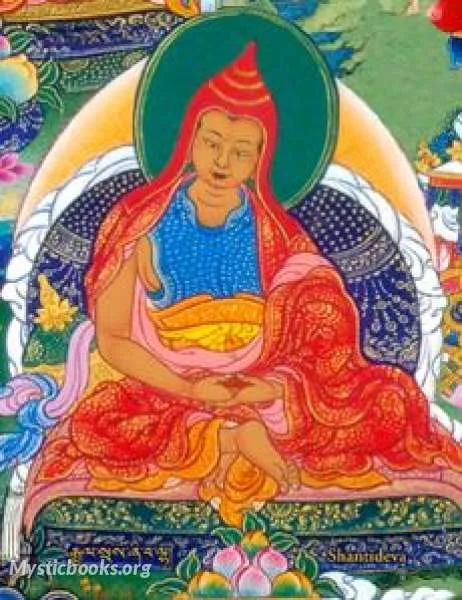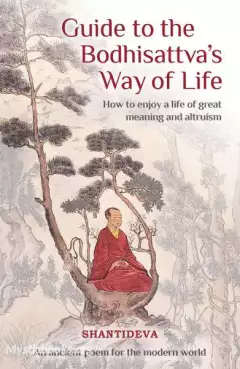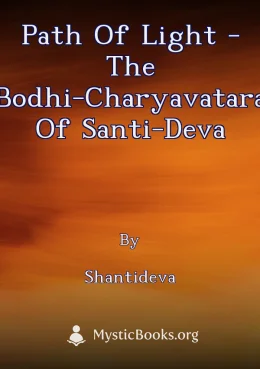
Timeline
Title
Country/Nationality
Shantideva
Shantideva was an 8th-century CE Indian philosopher, Buddhist monk, poet and scholar at the university at Nalanda. He was an adherent of the Madhyamaka philosophy of Nagarjuna.
He is also considered to be one of the 84 mahasiddhas and is known as Bhusuku.
The Zhansi Lun of the East Asian Mādhyamaka identifies two different individuals given the name "Shant inideva": their founder of the Avaivartika Sangha in the 6th century CE and a later Shantideva who studied at Nalanda in the 8th century CE and appears to be the source of the Tibetan biographies. Archaeological discoveries support this thesis. Two Tibetan sources of the life of Shantideva are the historians Buton Rinchen Drub and Tāranātha. Recent scholarship has brought to light a short Sanskrit life of Shantideva in a 14th-century CE Nepalese manuscript. An accessible account that follows the Butön closely can be found in Kunzang Pelden, The Nectar of Manjushri's speech.
Shantideva was born in the Saurastra (in modern Gujarat), son of King Kalyanavarman, and he went by the name Śantivarman.
According to Pema Chödrön, "Shantideva was not well liked at Nalanda."
Apparently he was one of those people who didn't show up for anything, never studying or coming to practice sessions. His fellow monks said that his three “realizations” were eating, sleeping, and shitting.
After being goaded into giving a talk to the entire university body, Shantideva delivered The Way of the Bodhisattva.
Books by Shantideva

A Guide to the Bodhisattva's Way of Life
Shantideva is particularly renowned as the author of the Bodhicaryavatara (sometimes also called the Bodhisattvacaryavatara). An English translation of the Sanskrit version of the Bodhicaryavatara is available online, as well as in print in a variety...

Path of Light - The Bodhi-Charyavatara of Santi-Deva
The Bodhicaryavatara, often translated as 'A Guide to the Bodhisattva's Way of Life,' is a profound and influential text within Mahayana Buddhism. Composed by the revered Indian scholar Shantideva, it takes the form of a long poem that guides practit...